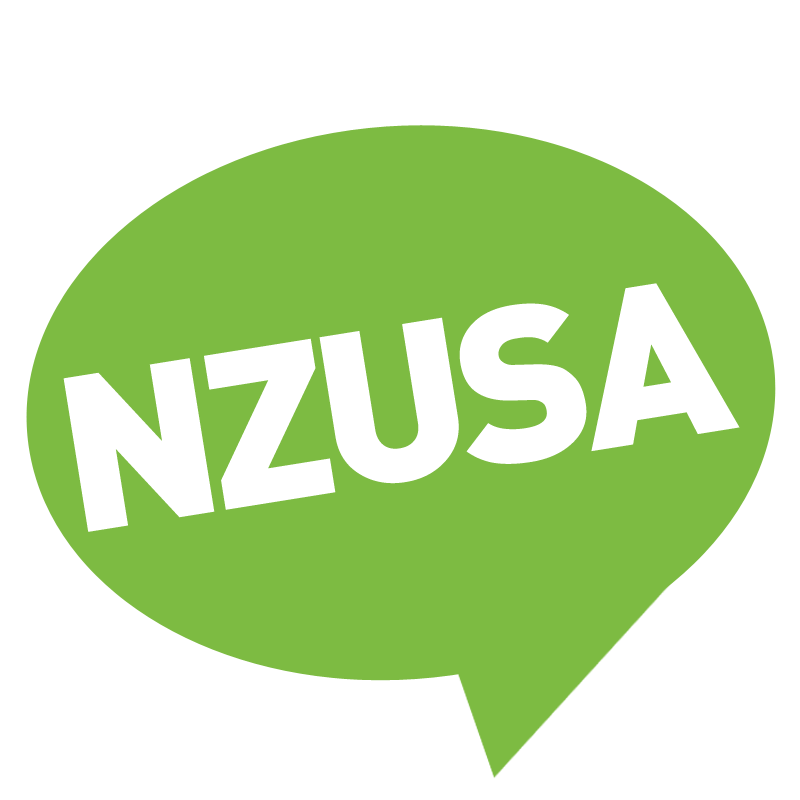Overview
A Universal Education Income / Te Rourou Matanui-a-Wānanga is weekly payment available to all domestic students that would enable education and training to be a viable option for all New Zealanders.
A Universal Education Income / Te Rourou Matanui-a-Wānanga is a weekly income that is paid to all domestic students in Aotearoa New Zealand, that is based on the principle that education is a right, not a privilege.
Prime Minister Jacinda Ardern said that “when [New Zealanders] are trained and educated, that benefits all of us, and the New Zealand economy as a whole”. This recognises that education is a public good. This simply means that the benefits of education aren’t worn by the students alone, but also their whānau, community and nation too.
A Universal Education Income / Te Rourou Matanui-a-Wānanga is the solution to creating an education system that is a public good, that all New Zealanders can access.
There are three components to the Universal Education Income.
Firstly, a Universal Education Income / Te Rourou Matanui-a-Wānanga would be available to all part time and full time domestic students, at both undergraduate and postgraduate level in Aotearoa New Zealand.
This means that the current age and means-tested requirements of the existing Student Allowance would be removed. It would also not have a time limit, which recognises that education is a lifelong process that all New Zealanders should have access to at different points of their lives.
Universal also refers to the fact that it would be universally accessible, not universal in amount. Students with disabilities or who have dependents should receive more each week, and should also still be able to access additional welfare support (i.e. disability support or child support) to reflect their higher weekly costs.
Secondly, a Universal Education Income / Te Rourou Matanui-a-Wānanga would treat education as a public good - as a right, not a privilege.
We believe that education should be treated like a passport. It should be available, as of right, to all citizens. This is because education provides the tools for people to travel to new worlds and explore new ways of thinking.
The focus on education, not students, reflects the fact that education does not just happen within universities - education takes place in wānanga, polytechnics, industry training organisations and private training establishments.
Thirdly, a Universal Education Income / Te Rourou Matanui-a-Wānanga would ensure that study is a financially viable option for all New Zealanders.
Income refers to the fact that the amount that the weekly amount of the Universal Education Income should be sufficient to cover essential weekly costs.
Students should not have to endure a period of transient poverty when they are studying, or the expectation that they have to borrow to live (pay rent or pay for essential bills).

